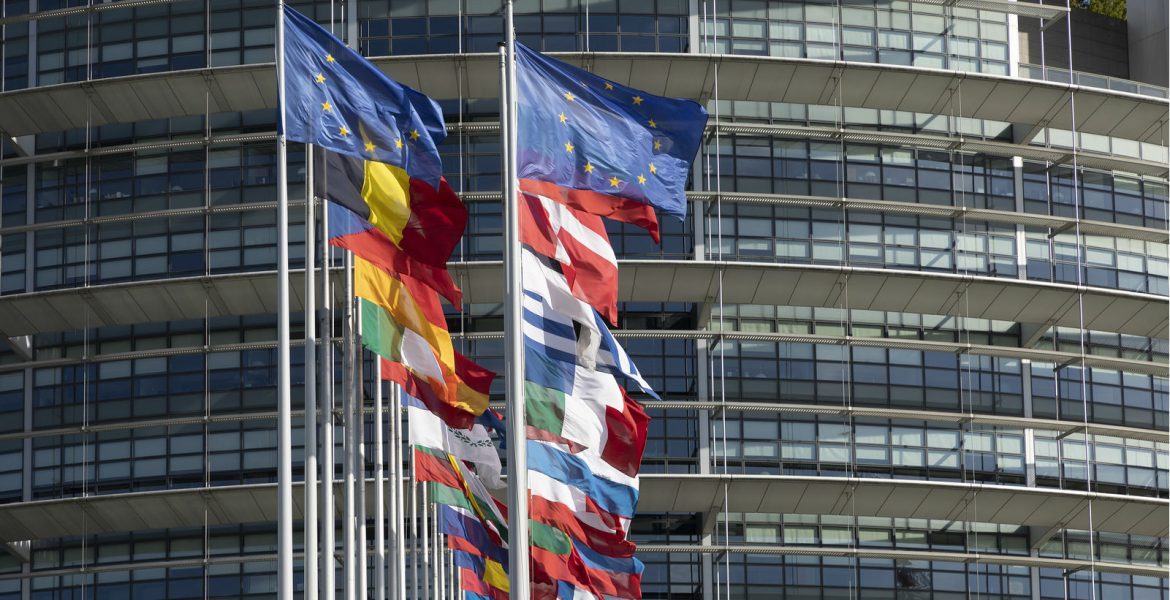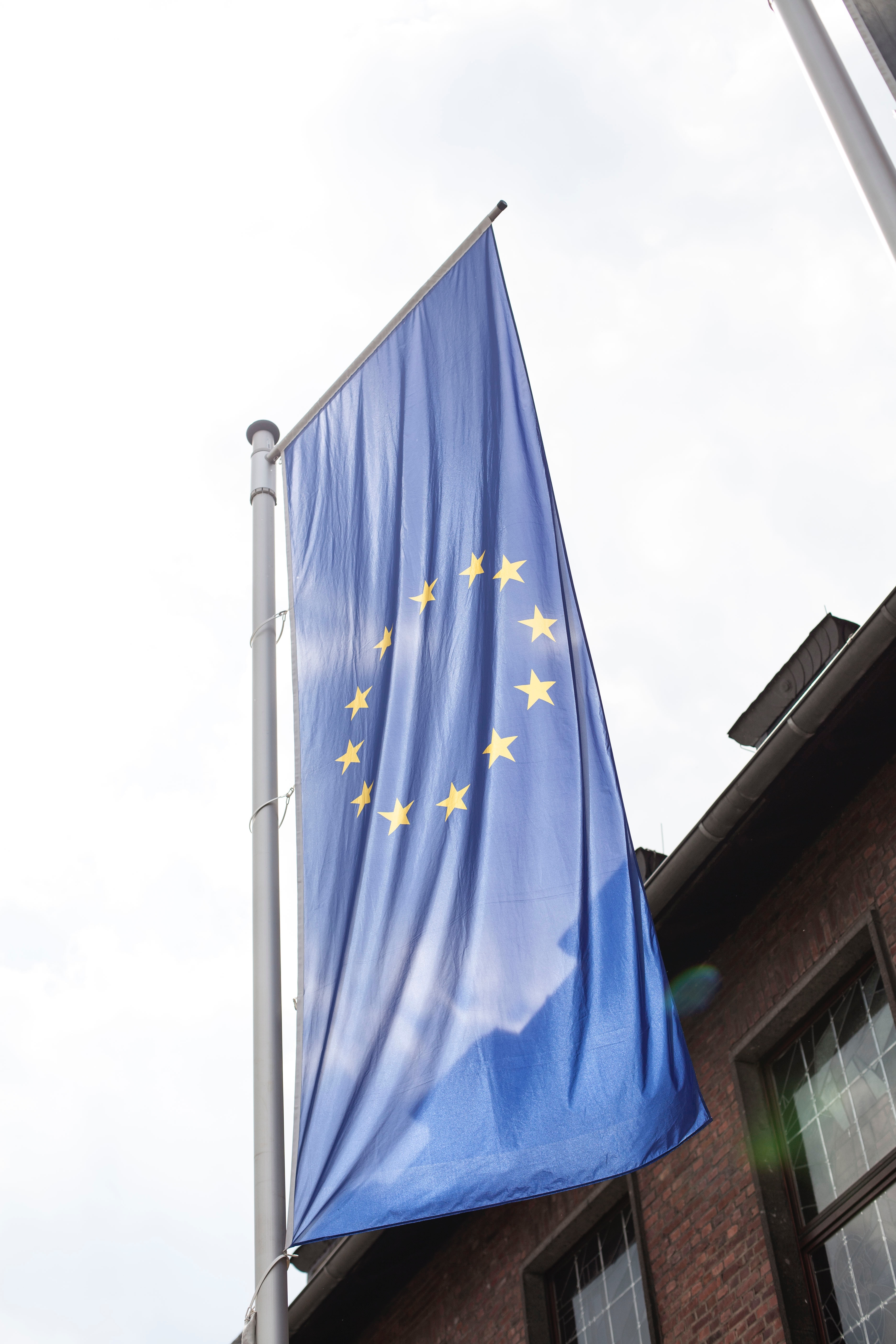A conference organised by the European Economic and Social Committee (EESC) reiterated the call for an EU Civil Society Strategy and a European Statute for Associations. Appropriate follow-up to the Conference on the Future of Europe (CoFoE) and a regular and structured dialogue with CSOs were considered key aspects to rebuilding citizens’ trust in politics and strengthening European democracy.
Participating organisations and individuals showed determination to strengthen their cooperation in order to prevent a further shrinking and shifting of the civic space and to make the case for effective civil dialogue. Against a backdrop of increasing political and economic challenges to CSOs, funding, especially for small organisations, effective legal protection, capacity-building and recourse to existing EU complaints procedures will be crucial. Participants called on the European Institutions for support.
Opening the conference, Séamus Boland, President of the EESC’s Diversity Europe Group, emphasised both the extent of the challenges facing European societies at present and the necessity for civil society cooperation in order to overcome these difficulties. Mr Boland reiterated the Group’s and Committee’s call for a structured and regular dialogue between policy-makers and CSOs, equal to the one with social partners. With respect to the future and the opportunities provided by the National Recovery and Resilience Plans and the Conference on the Future of Europe, he said that “there has to be a greater sense of urgency and boldness by civil society, European Institutions and the Member States”, and emphasised the necessity to seize the moment.
In his opening address, Jean-Marc Roirant, President of Civil Society Europe, joined in the call to strengthen CSOs’ cooperation. He mentioned “the denigration of the role of CSO’s as intermediaries in society and the authorities’ increasing desire to undermine the independence of CSOs” as current challenges. Red tape, intimidations, police harassment and serious accusations in some countries along with a shrinking civic space and a reduction in or conditionality for funding were others. Mr Roirant called for joint action to be taken against these developments as “Civil society organisations are democracy in action and freedom of expression”, which he considered are “particularly important at a point in time when citizens have the opinion that their voice is never listened to.”
In her video message, Vera Jourová, European Commission Vice-President for Values and Transparency, also highlighted the key role of civil society organisations in upholding the common values on which the EU is founded and outlined funding opportunities to empower them. “With these funds, we want to send a clear message: we need civil society organisations to play their role independently and effectively,” Ms Jourová said. While funding was key to support these organisations, the Commission had also taken action to protect them against the increasing number of challenges they were facing. The forthcoming initiative on strategic lawsuits against public participation will be another initiative in this context.
EESC president Christa Schweng also drew attention to the authoritarian shift and the threats posed to fundamental rights and the rule of law in some Member States. She said: “I consider transparency and the participation of citizens and civil society organisations to be crucial in upholding fundamental values and in playing the role of so-called ‘watchdog’.” Furthermore, she called on EU institutions to “consider organised civil society as key interlocutors when it comes to designing and implementing reforms to recover from the pandemic and preparing for future” and reiterated the Committee’s call for an adequate follow-up to the CoFoE through an online dashboard. The EESC president also outlined the role of EESC’s Liaison Group to engage with CSOs, also in the context of the CoFoE.
MEP Niklas Nienaß spoke amongst others about the CoFoE. He said “The Conference on the Future of Europe has an enormous potential to involve the European citizens in fundamental political questions on the EU. Therefore, we need to ensure that the it does not turn into a mere democracy show.”
Andreas Accardo from the EU Agency for Fundamental Rights explained that the issue of civic space and attacks on CSOs as it directly undermines people’s access to rights. “Civil society organisations across the EU provide essential services to the community, raise awareness on rights, advocate on behalf of others and hold authorities to account. The Covid pandemic has shown that a vibrant civil society is vital for our social fabric. Data from the Fundamental Rights Agency shows that civic space has come under strain during Covid-19. Strengthening and supporting civil society therefore needs to be part of the recovery.” According analysis by the agency, CSOs faced challenges concerning regulation, funding, participation, access to decision-makers, threats and attacks. Various testimonies during the conference confirmed this.
Karolina Dreszer-Smalec, vice-president of the European Civic Forum and president of the National Federation of Polish NGOs, said that in the face of the multifaceted societal challenges, society needed new scenarios for the future so that “we come out of these situations stronger. Independent non-governmental organisations must be involved in actively co-deciding about the future of their countries and the whole of Europe. For this to be a place, however, they must be independent of the political decisions of their governments, have the resources needed to act and be involved in every stage of decision-making processes.”
The conference saw the participation of numerous CSOs representatives, who shared their experiences with civil dialogue at national and EU level, and a presentation of the first results of an EESC study on ‘The implications of the COVID-19 pandemic on fundamental rights and civic space’, requested by the Diversity Europe Group. The study will be published in the first quarter of 2022.




